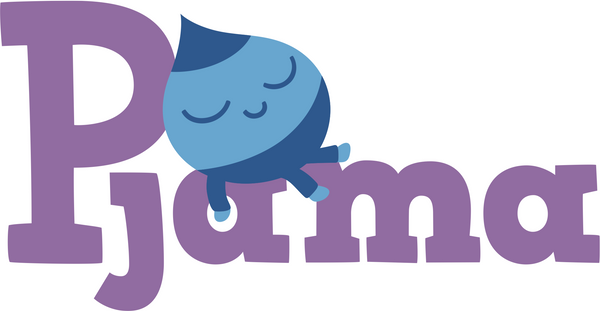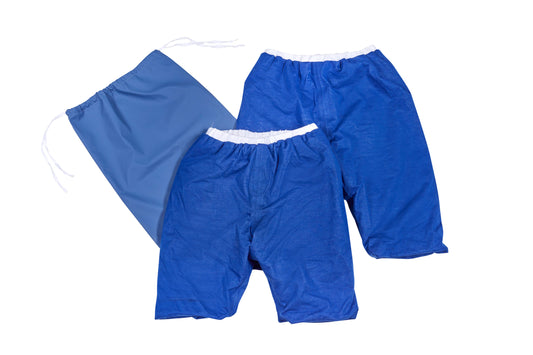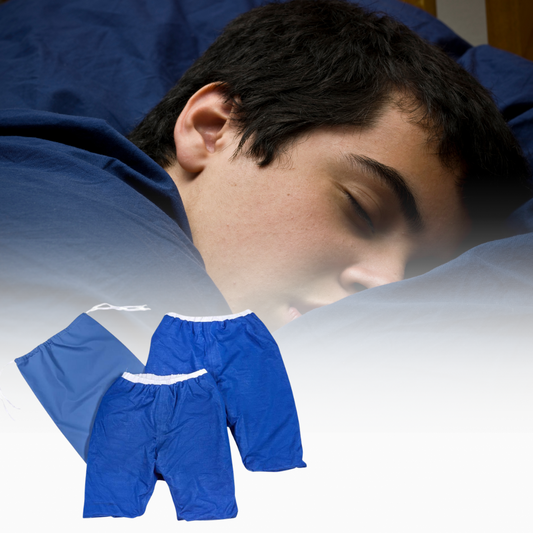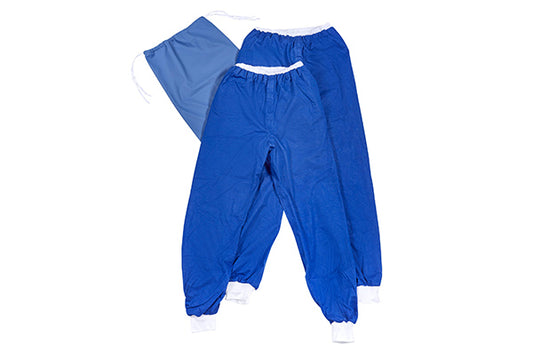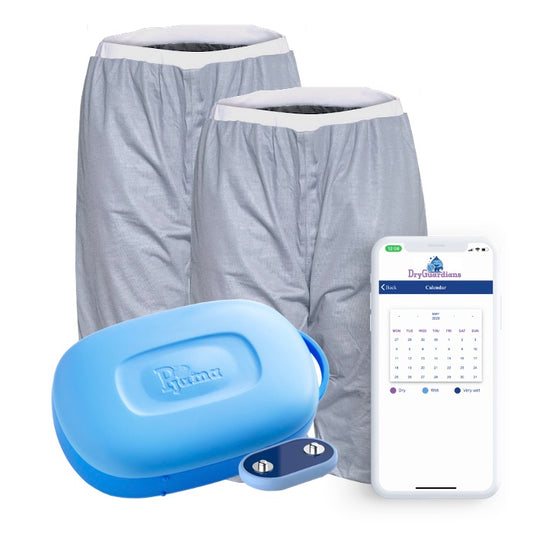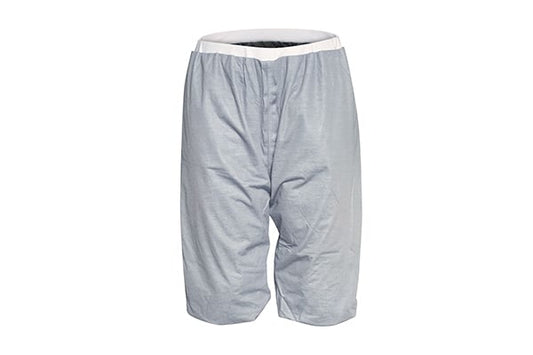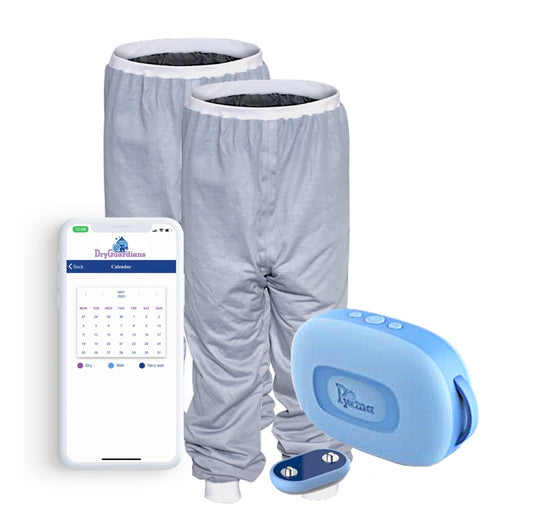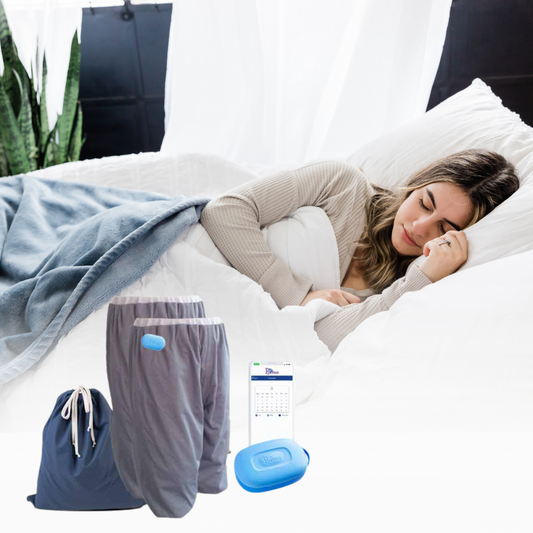WORLD CONTINENCE WEEK 2023

Over 5 million Australians - 1 in 4 people aged 15 years or over - experience bladder or bowel incontinence. This World Continence Week we share the stories of those with lived experience of incontinence and encourage others to seek help to empower them to live confident lives
“It’s important that we share our experiences with other people. Your story will heal you and your story will heal somebody else. When you tell your story, you free yourself and give other people permission to acknowledge their own story." Iyanla Vanzant, author, lawyer and American inspirational speaker
Incontinence is not just a woman’s or an older person’s issue, nor is it an inevitable part of ageing. Incontinence is a common condition that can be treated and proactively managed. Incontinence can affect people at any age, but in many cases, it can be prevented, better managed or even cured. Seeking advice from a health professional is the first step.
Lack of support for incontinence and its associated costs affects thousands of Australians ability to seek and maintain employment. Sharing experiences of this makes the community aware and may motivate greater help and investment strategies for incontinence support and management.
To find out more and access free resources, including podcasts, webinars, fact sheets, videos and online magazine Bridge, please visit the Continence Foundation of Australia Website.
Incontinence – the numbers. Incontinence is more common than you may think.
- Over 5 million Australians – one in four people aged 15 years or over – are incontinent
- 80% of people who experience urinary incontinence are women
- Over 1.34 million Australian boys and men experience incontinence
- 46% of people who experience incontinence are under the age of 50 years.
- One in three women who have ever had a baby wet themselves.
For help and more information about incontinence call the National Continence Helpline on 1800 33 00 66 for free, confidential advice from Nurse Continence Specialists, Monday to Friday 8am to 8pm AEST.

